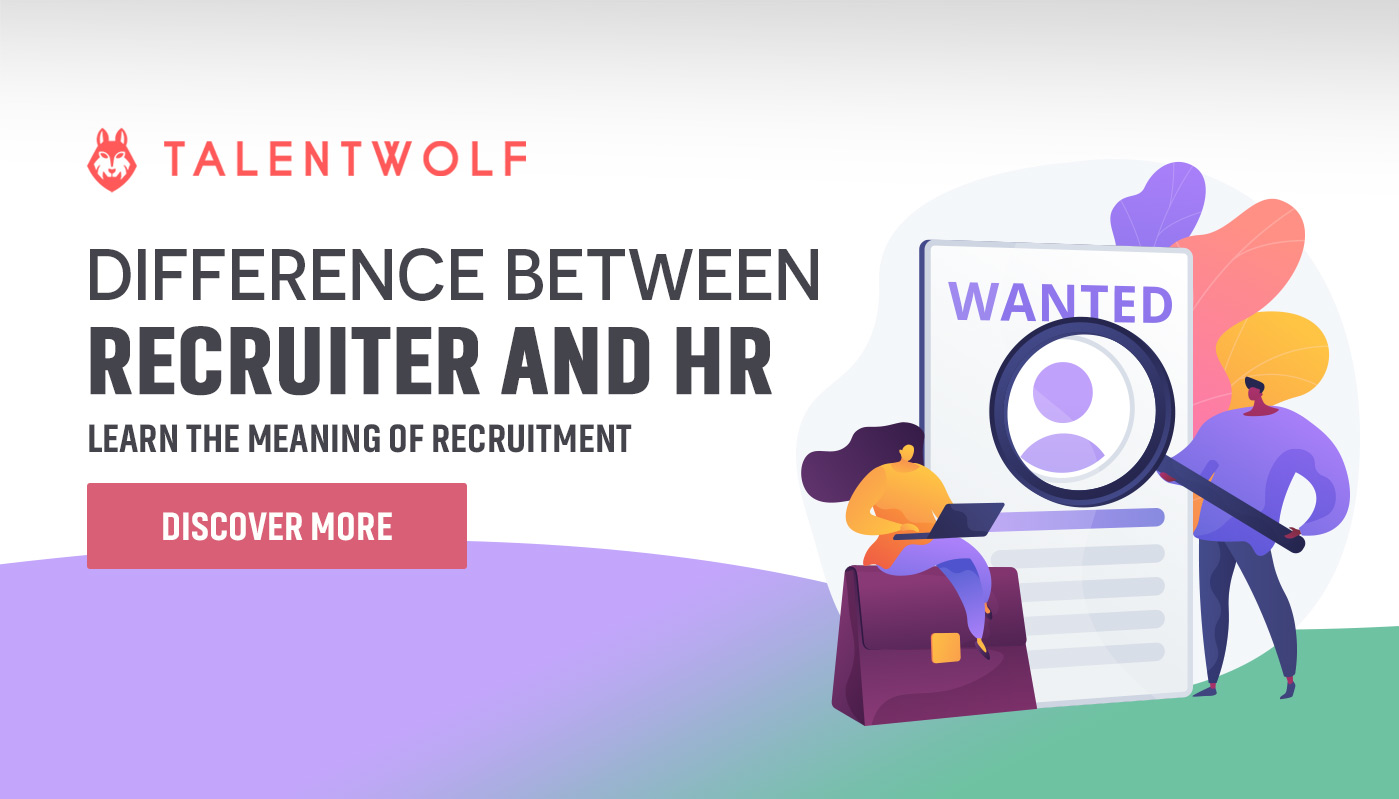When you hear the term “recruitment,” you think of an HR professional or headhunter that actively seeks out candidates to fill open positions for an organization. But there’s so much more than just finding candidates; recruitment is the process of identifying, screening, shortlisting and hiring candidates for vacant positions. It’s the process of picking the right person for the job at the right time. It deals with attracting, selecting and appointing job seekers that meet both soft and hard skill requirements of the position and organization.
Recruitment Meaning
The recruitment process can be done wither internally (within the company) or externally, which means hiring candidates from outside sources. In order to cost-effective, the recruitment process needs to be done within a certain time frame Recruitment is one of the most fundamental things a company does to have top-tier talent working for them. If done correctly and efficiently, then everyone at the company is happier, there are more productive employees at the organization and overall better workplace culture. Efficient recruitment will provide overall growth for the organization.
Recruitment is vital for an organization. It will determine both current and future position requirements helps in increasing the success rate of finding ideal candidates and reduces the chances of short-term employment. And when done properly, it will meet or exceed the organization’s social and legal obligations in regards to the workforce.
While the recruitment definition and process can vary from company to company and recruiter to recruiter, there are some basic steps that employers can take to make the process so much more successful.
They can establish defined standards and expectations for ideal job applicants for each job vacancy, take proactive steps to integrate new employees into the company with onboarding strategies and stay ahead of the latest trends n recruiting. Also, they should utilize different recruitment software to see which one is the best fit for the organization and its needs.
Companies that place a high value on recruitment are the most successful when it comes to attracting quality talent. Devoting the time and resources to the recruitment process will result in A-level talent that the company will benefit from in the long-term.
Difference between Recruiter and HR Professional
Let's now explore what is the difference between recruiter and HR.
Although recruitment is essentially a task that’s suited for an organization’s HR department, many companies hire third-party recruiters to handle this vital aspect. HR professionals aren’t necessarily recruiters. In reality, a recruiter is someone who works in HR or with HR (if it’s an outside company or person).
Here are a few differences between HR professionals and recruiters:
-
HR creates the job requisite
A company’s HR department will put out a requisite for a new job once they’ve been alerted from the department manager. They’ll then create a job role and assign it to a recruiter. They’ll give the recruiter the job description, the necessary hard and soft skills needed for the position and any other useful information the recruiter will need to find the suitable candidate for the position.
Read more about the role of the HR
-
A recruiter actively searches for candidates
After HR hands off the listing to the recruiter, it’s now their job to go out and actively search for candidates. They need to post the listing on job forums and sites and will need to out and find a pool of candidates to interview. There is a lot of work that needs to be done to advertise the vacancy and that’s why many organizations would rather leave it up to professionals like headhunters. They have the network needed to find the right candidates and will be able to spend enough time and resources looking to fill the position.
-
Recruiters screen potential candidates
Once recruiters have a good size pool of potential candidates, it’s their job to screen them and walk them through the entire interview process. They should be able to shortlist candidates to move them on to the next step, which is the in-person interview. Here, they’ll have to work with HR professionals to set up meeting times and hiring managers who will do the interviewing. Recruiters aren’t necessarily there during the interview, however, someone from the HR staff should be.
-
The recruiter will look after the whole recruitment process
The entire recruitment process is handled by the recruiter until the candidate accepts an offer. After the recruiter sends out the offer letter, HR then takes over. They are responsible for things like discussing pay scale to appraisals, benefits and the like.

-
Training and development is done by HR
Any training and development of the new hire are now taken over by the HR department. It’s their responsibility to create an onboard program for them so that they feel welcomed even before their first day on the job. This helps create a sense of culture for the new hire and makes them feel appreciated and wanted by the organization.
-
The recruitment process starts all over again
With every vacancy at the organization, the recruitment process starts all over again.
Essentially, an HR professional is someone who takes care of the overall wellness for employees, while a recruiter’s responsibility is to look for new talent. Even if the recruiter doesn't directly work for the company, it’s still their job to educate candidates about the organization. They still need to describe the job and the role, as well as sell the organization to candidates.
If you’re a recruiter looking to expand your online reputation, then you should join Talentwolf. As the fastest growing independent platform for review and reputation management, Talentwolf will allow you to demonstrate that you’re the highest rated recruiter in your market. You’ll also be able to gather feedback and interact with clients on a platform people trust.





